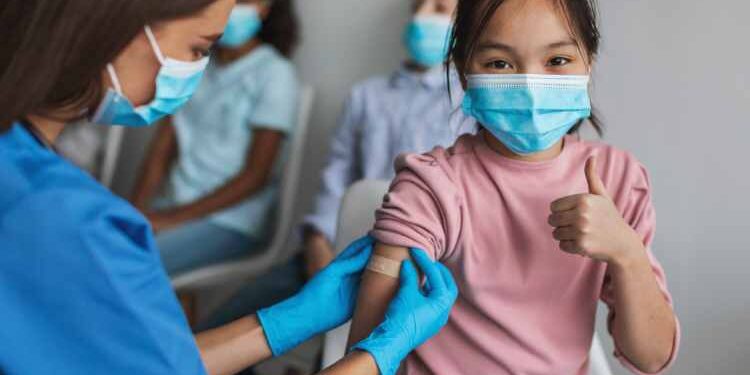Countless bacteria and viruses can be found in the environment. Although the immune system protects itself and fights off bacteria and viruses quite effectively most of the time, it can deteriorate with age or as a side effect of medical therapy. For your own good, especially as you age, there are things you can do to boost your immunity and general well-being.
Hire Phoenixville home support services.
Follow the Suggested Vaccination Schedule
You probably got a lot of shots as a kid, but now that you’re an adult, there are some more shots you should get. You can avoid getting sick entirely or at least lessen the severity of your symptoms by being vaccinated. Maintaining a state of up-to-dateness and supplementing when necessary will help your immune system fight off illness. The elderly typically receive the following vaccines and vaccinations:
- A flu shot (annual)
- Anti-pneumonia vaccination (annual)
- Vaccine Against Coronavirus Type 19 (Covid-19) (as recommended)
Td or Tdap (tetanus/diphtheria or tetanus/diphtheria/pertussis) vaccine to prevent shingles.
Hepatitis B and HPV vaccines, as well as other immunizations that may be necessary for upcoming international travel, may be recommended for some seniors. In order to determine what vaccinations are necessary for your health, it is best to consult with your doctor.
Prevent Infection by Taking the Necessary Measures
There are other strategies to protect yourself from illness and boost your immune system besides keeping up with your vaccines and avoiding contact with sick people.
Make sure to regularly wash your hands.
- High-touch areas like door handles, elevator buttons, handrails, worktops, and credit card machines pose a significant health risk, so it’s important to wash your hands frequently. Clean your hands with sanitizer if you don’t have access to soap and water.
- If you can, try to keep your hands off your face.
- As much as you can, avoid touching your face, especially your eyes, nose, and mouth. This is where bacteria and viruses may enter your body the most easily.
- Separate yourself from sick people.
- You should avoid spending time with someone who is ill until they are no longer contagious, whether they have a cold, the flu, or anything else.
- Stop taking antibiotics now.
- You should finish whatever medication you have been prescribed. Don’t stop taking the antibiotics too soon, even if you’re feeling better.
- To treat wounds, first disinfect and bandage them.
- Bacteria and other pathogens can easily penetrate open wounds and cause infection. Clean wounds speed healing, so be sure to change bandages frequently.
